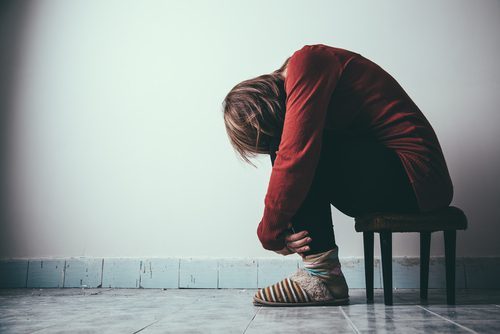
Psychological Interventions and Co-occurring Disorders
Psychological interventions are an important component of co-occurring disorders. Without proper treatment and intervention for both disorders, the likelihood for relapse and continued maladjustment is high. Co-occurring disorders are complex and a single intervention may not meet the needs of the individual. In addition, some practitioners are not well educated in treating co-occurring disorders and some individuals may think that any licensed professional can treat them. There are those in the field of behavioral health that believe a mental health disorder and a substance abuse disorder are separate issues and should be treated separately. Twenty years ago, this might have been the case; however, behavioral health care has changed and this idea is no longer valid.
Here are a few common interventions for treating individuals with co-occurring disorders:
Group Therapy
Group therapy is widely used in substance abuse treatment and can also be beneficial in treating co-occurring disorders. Inpatient treatment facilities use group therapy to help individuals gain insight into one’s issues as other group members are likely to recognize excuse making or denial from others. Twelve-step meetings are also considered group therapy and are very popular in treating substance use disorders. If an individual has a co-occurring disorder such as an anxiety or depressive disorder, group therapy can also be beneficial; however, it is recommended that the individual with a co-occurring disorder also participate in individual therapy.
Family Interventions
Family support is critical with any mental health issue and especially with substance abuse recovery. Family involvement in treatment is necessary to facilitate and strengthen the change the individual experiences. Family members can participate in group discussions, attend 12-step meetings, and encourage recovery from co-occurring disorders. Family members can also become educated in the individual’s disorders and provide support during difficult times to prevent relapse.
Cognitive-Behavioral Therapy and Relapse Prevention
Cognitive-behavioral therapy (CBT) is a well-established and researched treatment option for both mental health disorders and substance use disorders. CBT and relapse prevention go together in that relapse prevention is tied to modifying behaviors and changing thought processes which is the goal of CBT. Relapse prevention is usually a part of any substance abuse recovery program as individuals will need to identify triggers that could induce a relapse. Using CBT and relapse-prevention techniques can serve the individual with a co-occurring disorder as these techniques attempt to focus on behavioral and lifestyle changes which are necessary in any mental health disorder. CBT has been shown to be highly effective for those with substance use disorder and anxiety disorders.







